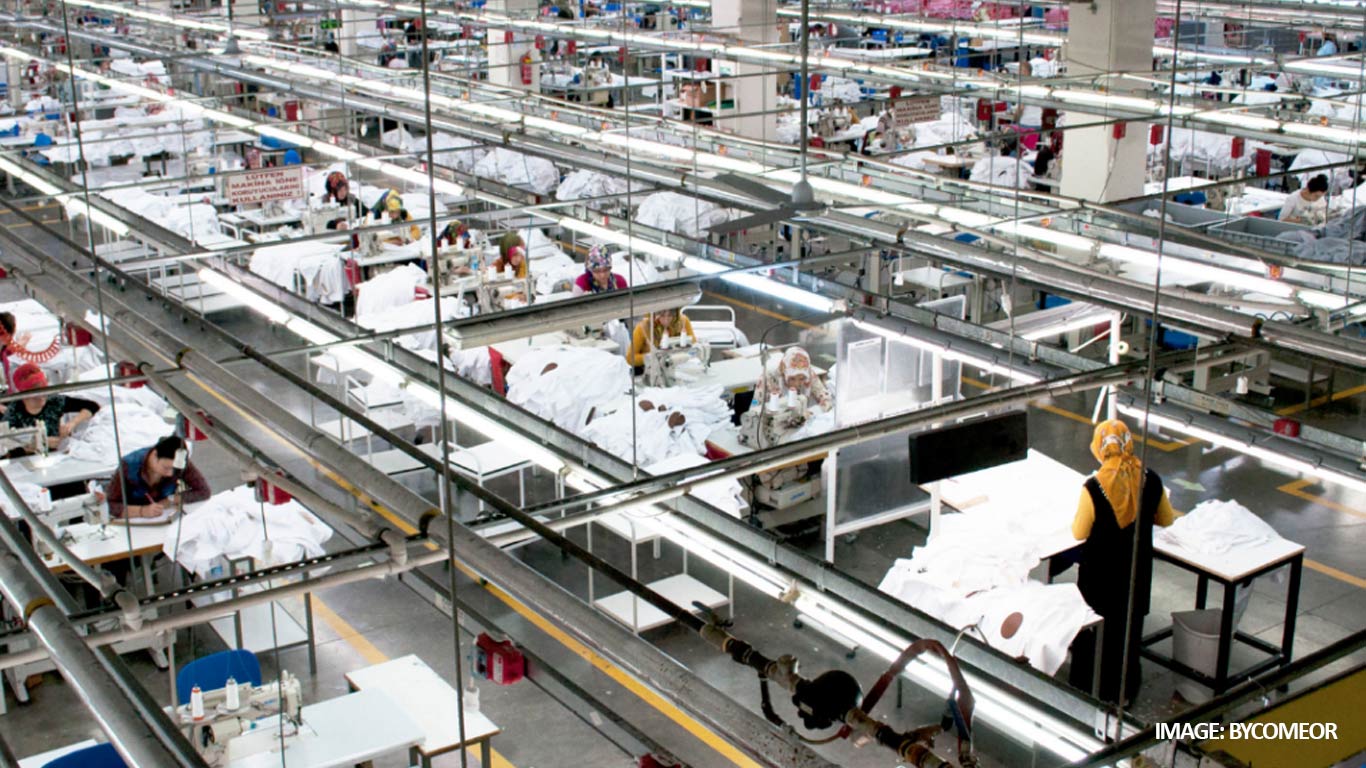Tamil Nadu's Textile Industry Faces Labor Crunch
Updated: May 21, 2024 04:42:02pm

Tamil Nadu's Textile Industry Faces Labor Crunch
Chennai, May 21 (KNN) Tamil Nadu's textile clusters, after grappling with a steep decline in orders over the past two years, are now confronting a new challenge - an acute shortage of workers as demand picks up.
With indications of a revival in orders, factories are gradually ramping up production, resulting in an increased need for labour. However, the availability of workers has become a pressing concern for the industry, reported TH.
K. Selvaraju, Secretary General, Southern India Mills' Association (SIMA), revealed that wages for textile workers have risen substantially in other states, with a 20 per cent increase in Rajasthan and a staggering 28 per cent hike in Odisha. Reports also suggest wage increments in Maharashtra.
Given the significant presence of migrant workers from other states employed in Tamil Nadu's textile and garment factories, Selvaraju expressed concerns about retaining these workers.
The higher wages offered in states closer to their home regions could deter them from returning to Tamil Nadu.
J. Thulasidharan, President, Indian Cotton Federation, emphasised the need for textile mills to focus on automation as a potential solution to the labour crisis.
He advocated for investments in advanced spinning machinery with automated processes to mitigate the impact of labour shortages.
A garment manufacturer from Tiruppur highlighted the severe impact of the order slump, which led to the closure of several micro and small-scale factories.
Consequently, workers previously employed in these units have either transitioned to other jobs or left Tiruppur altogether, exacerbating the labour shortage across the garment supply chain.
Selvaraju stressed the importance of textile units in Tamil Nadu considering higher wage offerings and improved facilities to attract and retain workers. Some industries have already initiated measures in this direction.
Industry sources anticipate a revival in domestic demand within the next couple of months, further intensifying the need for additional workers. Failure to address the labour shortage promptly could adversely impact operations across the textile units in the state.
As Tamil Nadu's textile industry navigates its path to recovery, addressing the labour crunch through a combination of competitive wages, improved working conditions, and strategic automation will be crucial to sustaining growth and meeting the rising demand.
(KNN Bureau)











